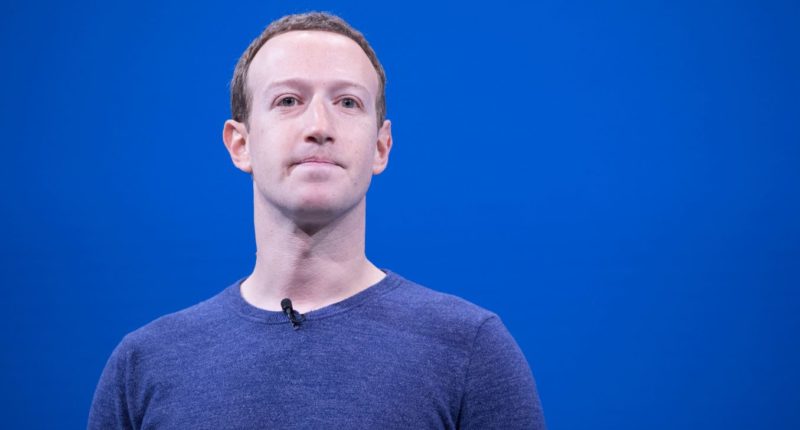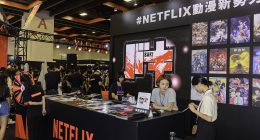In what would act as a fresh blow to an already troubled Facebook, a government panel from Delhi — the Indian state that houses the country’s national capital — has recommended to treat Facebook as a ‘co-accused’ in the riots that broke out in Delhi earlier this year. The panel mentions that there “should be an inquiry” on Facebook’s role in the said riots and has recommended putting the social media platform as a ‘co-accused’ in the same.
The development is interesting. That is because Facebook defines itself as a platform that has content generated by its users and not the company itself. And because of that definition, Facebook has largely kept itself out of troubles, even though it has been at the center of several controversies, including some that involved bloodshed, in the past.
“Facebook should be treated as a co-accused in the Delhi riots. There should be an inquiry. If the investigating agency finds that there is truth in the charges against Facebook, then a supplementary chargesheet against it should be filed in the court,” said ruling party AAP’s MLA and chairman of the panel Raghav Chadha. He further added, “The committee’s prima facie view is that they should be treated as co-accused in Delhi riots. This committee has taken the decision that Facebook India officials will be summoned in the next meeting. They will be issued notices to appear before the panel”.
Facebook receiving summons from Governments globally has become more of a regular phenomenon now. Not so long ago, CEO and founder Mark Zuckerberg was grilled by the US Congress on the long list of anti-competitive behaviour that the platform has shown in past several years. The panel also touched upon areas involving Facebook and Elections, which as history shows, is a quite a sensitive topic for the social media behemoth.
Similar to India’s Delhi govt. panel, the US too has taken attempts to hold social media companies accountable for the content that users post on their platforms. US Prez Donald trump signed an executive order in May, that would significantly curtail the freedoms extended to social media platform. The executive order attempts to weaken provision of a law known as Section 230, which protects social media companies from liability for content posted by their users.
In India, Facebook is facing another hearing, this time from the country’s parliamentary panel, for allegations of a bias towards the country’s ruling BJP, in its content moderation practices.





